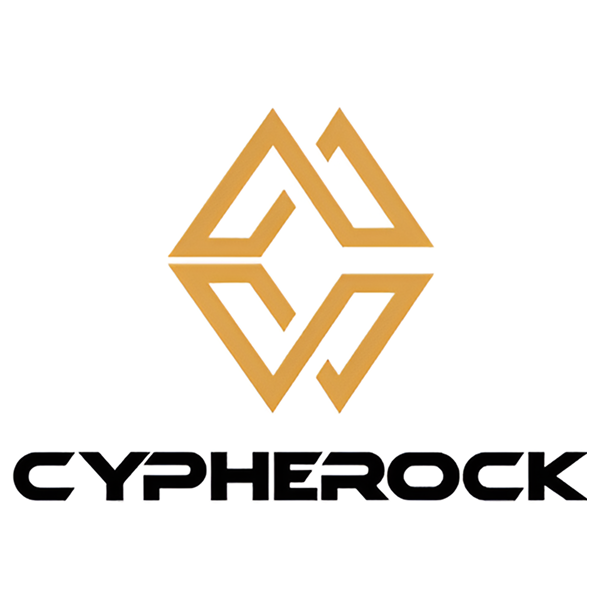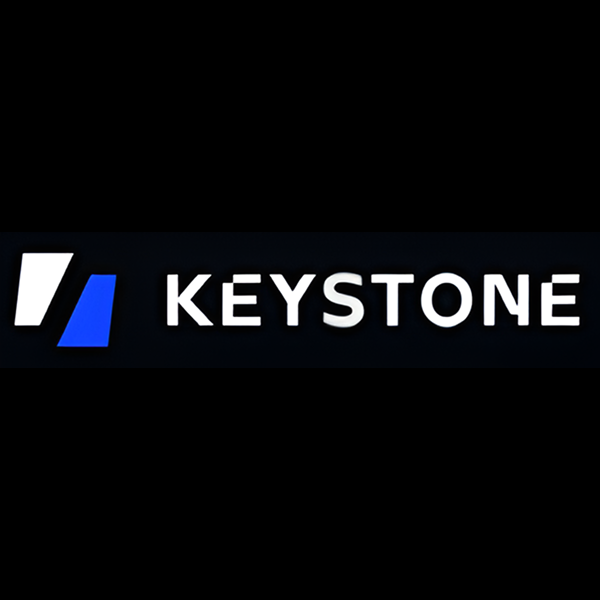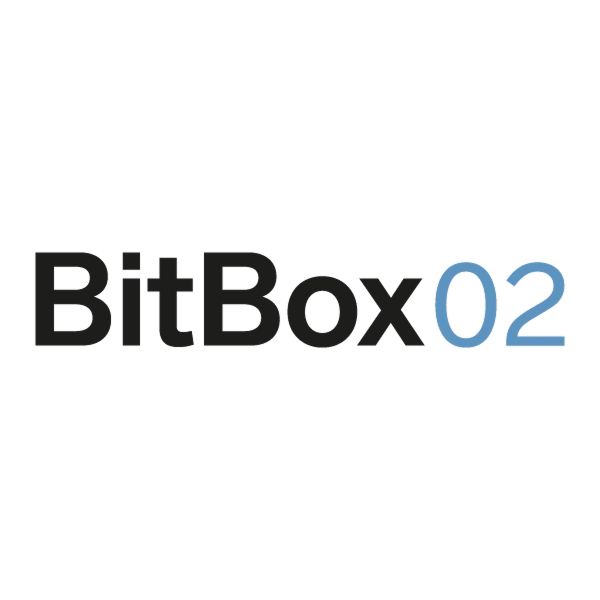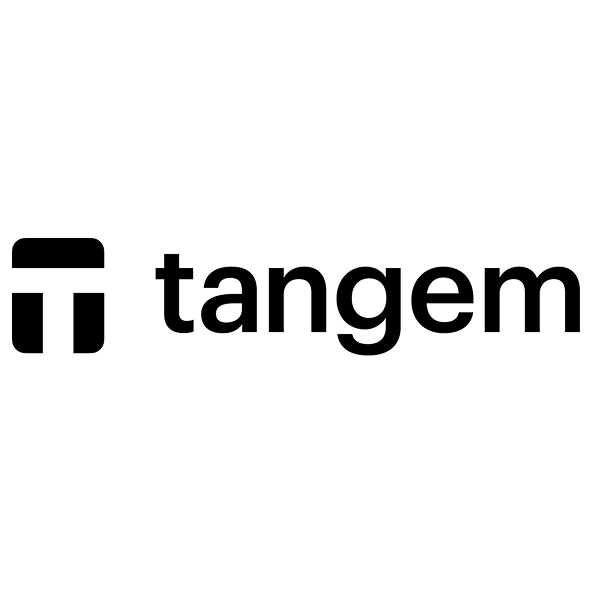Best crypto hardware wallets 2025

To keep your savings secure, digital asset owners use cold wallets. The likelihood of hacking such a device is almost zero. That’s why for staking (holding cryptocurrency), the best solution is to use crypto hardware wallets. But how do you choose a reliable option?
To help with this, we have reviewed the best crypto wallets — top hardware wallets — and present an overview of trusted models, including detailed descriptions of their features, advantages, and disadvantages.
What is hardware wallet
A hardware wallet is a physical device that stores your crypto private keys securely offline. It acts as a cold storage solution, offering far more protection than hot wallets (software wallets connected to the internet).
Hot wallet vs. hardware wallet
| Feature | Hot wallet | Hardware wallet |
| Internet access | Always connected | Only connected for transactions |
| Security | Lower (vulnerable) | Very high |
| Convenience | Very easy to use | Balanced |
Note: A hardware wallet is a type of cold wallet — but not all cold wallets are hardware devices (some are paper wallets, air-gapped devices, etc.).
Best crypto hardware wallets for October 2025
Not sure which wallet to pick in October 2025? Check out our ranking of the top crypto hardware wallets.

Trezor Model T – Best for advanced security
Top
Overview: Open-source wallet with touchscreen and top-tier security.
Security features:
Passphrase, PIN, open-source firmware
Supported coins:
1,000+ including BTC, ETH, ERC-20, ADA, XMR
Price:
$219
Pros & Cons
-
Fully open-source
-
Touchscreen
-
Passphrase support
Review
Best for: Privacy-focused and security-conscious users

Ledger Nano X – Best for most users
Top
Overview: Flagship wallet from Ledger with Bluetooth, secure chip, and large coin support.
Security features:
Secure Element (CC EAL5+), PIN, recovery seed
Supported coins:
BTC, ETH, SOL, XRP, ADA, DOT, NFTs, and more
Price:
$149
Pros & Cons
-
Bluetooth +USB-C
-
Supports 5,500+ coins
-
Great mobile app (Ledger Live)
-
Not open-source
-
Ledger’s past opt-in firmware controversy
Review
Best for: All-around users who want security + mobility

Cypherock X1 – Best for seedless backup & security
Top
Overview: A next-gen wallet that eliminates the need for a recovery seed. Uses Shamir Secret Sharing and NFC-enabled smart cards.
Supported coins:
BTC, ETH, USDT, and 1,000+ more
Price:
$179
Pros & Cons
-
No seed phrase required
-
Multi-card Shamir backup
-
Supports multiple private keys
-
Newer brand
-
Learning curve for beginners
Review
Best for: Users who prioritize seedless backup and maximum fault tolerance

Ledger Nano S Plus – Best budget option
Top
Overview: Affordable Ledger wallet with full functionality, minus Bluetooth.
Security features:
Secure Element, PIN, recovery seed
Supported coins:
5,500+
Price:
$79
Pros & Cons
-
Great value for money
-
Supports same coins as Nano X
-
No bluetooth
-
Limited appmemory (compared to X)
Review
Best for: Budget-conscious crypto holders

Keystone Pro – Best air-gapped wallet
Top
Overview: QR-code-based hardware wallet with no USB or Bluetooth connections.
Security features:
Air-gapped QR, fingerprint sensor, secure chip
Supported coins:
BTC, ETH, DOT, XRP, NFTs
Price:
$149
Pros & Cons
-
Fully air-gapped
-
Fingerprint unlock
-
Open-source
-
Bulkier design
-
No mobile app
Review
Best for: Maximum isolation/security

SafePal S1 – Best for DeFi & mobile use
Top
Overview: Budget-friendly hardware wallet with mobile-first design.
Security features:
EAL5+ secure chip, self-destruct mechanism
Supported coins:
50+ blockchains, thousands of tokens
Price:
$50
Pros & Cons
-
Air-gapped via QR code
-
Supports many DeFi dApps
-
Affordable
-
Plastic build
-
UI less polished
Review
Best for: DeFi and mobile-first users

BitBox02 – Best for simplicity
Top
Overview: Swiss-made wallet with a minimalist design and strong security.
Security features:
Secure chip, 2FA, encrypted backups
Supported coins:
BTC, ETH, LTC, ERC-20
Price:
Starts at €124
Pros & Cons
-
Plug-and-play
-
Backup on microSD
-
Open-source
-
Lacks touchscreen
-
Limited coin support
Review
Best for: Beginners who want simplicity

Ellipal Titan – Best tamper-proof wallet
Top
Overview: Air-gapped, fully metal wallet with QR code communication.
Security features:
Air-gapped QR, self-destruct, metal casing
Supported coins:
10,000+ coins and tokens
Price:
$169
Pros & Cons
-
Tamper-proof design
-
Fully air-gapped
-
Touchscreen
Review
Best for: Harsh environments, physical protection

Tangem Wallet – Best tap-and-go NFC wallet
Top
Overview: A card-shaped hardware wallet with NFC — just tap it to your phone. No batteries, no cables.
Supported coins:
6,000+ including BTC, ETH, BNB, SOL
Price:
Starts at $55 for 2-card pack
Pros & Cons
-
Extremely portable
-
No seed phrase to write down
-
Water & tamper-proof
-
No desktop support (mobile only)
-
Limited advanced features
Review
Best for: Mobile-first users who want simplicity and portability
Crypto hardware wallet comparison table for October 2025
| Wallet | Price | Supported Assets | Security Features | Best For |
| Trezor Model T | $219 | 1,000+ (BTC, ETH, ADA, XMR) | Passphrase, PIN, open-source firmware | Security-focused & privacy-conscious users |
| Ledger Nano X | $149 | 5,500+ | Secure Element (CC EAL5+), PIN, recovery seed | Most users — security + mobility |
| Ledger Nano S Plus | $79 | 5,500+ | Secure Element, PIN, recovery seed | Budget-conscious users |
| Keystone Pro | $149 | BTC, ETH, XRP, NFTs | Air-gapped QR, fingerprint sensor, secure chip | Maximum isolation & offline security |
| SafePal S1 | $50 | 50+ blockchains + tokens | EAL5+ chip, self-destruct, air-gapped via QR | DeFi and mobile-first users |
| BitBox02 | ~€124 (~$130) | BTC, ETH, LTC, ERC-20 | Secure chip, 2FA, encrypted microSD backups | Simplicity & beginners |
| Ellipal Titan | $169 | 10,000+ | Air-gapped QR, self-destruct, metal tamper-proof case | Harsh environments & tamper-proof storage |
| Cypherock X1 | $179 | BTC, ETH, USDT + 1,000+ | Shamir Secret Sharing, no seed phrase, NFC-enabled smart cards | Seedless backup & fault-tolerant security |
| Tangem Wallet | From $55 (2-pack) | 6,000+ | NFC, tamper-proof, no seed phrase | Mobile-first users & ultra-portable storage |
What to look for in a hardware wallet
When evaluating the best crypto hardware wallets in 2025, it’s important to balance security, convenience, and cost.
Look for wallets that support your crypto assets and offer essential security features like two-factor authentication, PIN protection, secure chips, and reliable seed phrase backups. Compatibility with your operating system, wallets, and DeFi apps is also crucial. A user-friendly interface and mobile support can make all the difference, especially for everyday use.
Depending on what you need, prices can range from affordable entry-level options around $49 to more advanced models over $200.
Final thoughts
It might sound a bit ironic, but buying a hardware cold wallet is one of the smartest crypto investments you can make. It doesn’t matter how high Bitcoin’s price goes in five years if your funds get stolen from an online wallet or exchange. Sure, the risk is small, but it’s definitely not zero.
You don’t need to spend a ton of money — there are plenty of budget-friendly cold wallets that have everything you need to keep your crypto safe offline. But if you’re storing big amounts, a more advanced wallet costing a few hundred dollars is well worth it.
Most importantly, you’ll sleep better at night knowing your crypto is secure.
FAQ
What is the safest hardware wallet in 2025?
Two of the most trusted options are the Trezor Model T and Ledger Nano X. They both offer top-tier security. If you want even more protection with no internet connection at all, check out the Keystone Pro or Ellipal Titan — they’re fully air-gapped.
Do I need a hardware wallet just for Bitcoin?
If you’re holding a lot of Bitcoin or planning to keep it long-term, yes — it’s worth it. A hardware wallet keeps your private keys offline, which means way less risk from hackers or phishing attacks.
Ledger or Trezor: Which is better?
That depends! Ledger is more versatile, especially for mobile users or those with a wide crypto portfolio. Trezor is better for people who want transparency and value open-source software. Both are solid picks.
Disclosure: This article does not represent investment advice. The content and materials featured on this page are for educational purposes only.
Source link





